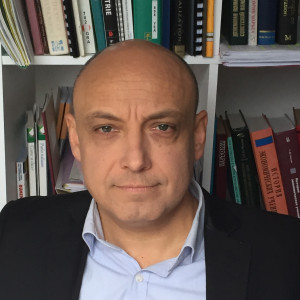Prof. Nikolay Nenovsky

Three challenges (the global crisis, the EU enlargement, and globalisation) determine the need, in both the long and short term, of undertaking reforms aimed to dynamise Europe and enable it to not only preserve but to expand its presence in the world economy, as well as to prevent the rise of new waves of nationalism and potential EU break-up.
The project discusses these challenges in the light of enterprises and entrepreneurship. Analysing European problematics would ultimately require focusing on the study of the impact of the European institutions and policies on businesses and competitiveness.
The hypothesis put forward is the need of revising the common model of EU integration in a direction to differentiated and flexible integration – a model that would replace the current unified integration. To put it otherwise, the need to move from one speed integration, that we are currently pursuing, to a multispeed integration model. The new integration model is brought to its concrete dimensions and analytical effort is made to find an answer to the questions as to how much the differentiated integration is consistent with Europe’s long-term development and how resilient is to systemic crises.
The project proposes the political economy of the new type or so-called soft integration, i.e. economic and sociological analysis of the interests of various groups of actors that would be in favour of or against such type of integration.
The project outputs could be traced in two directions – theoretical and practical.
